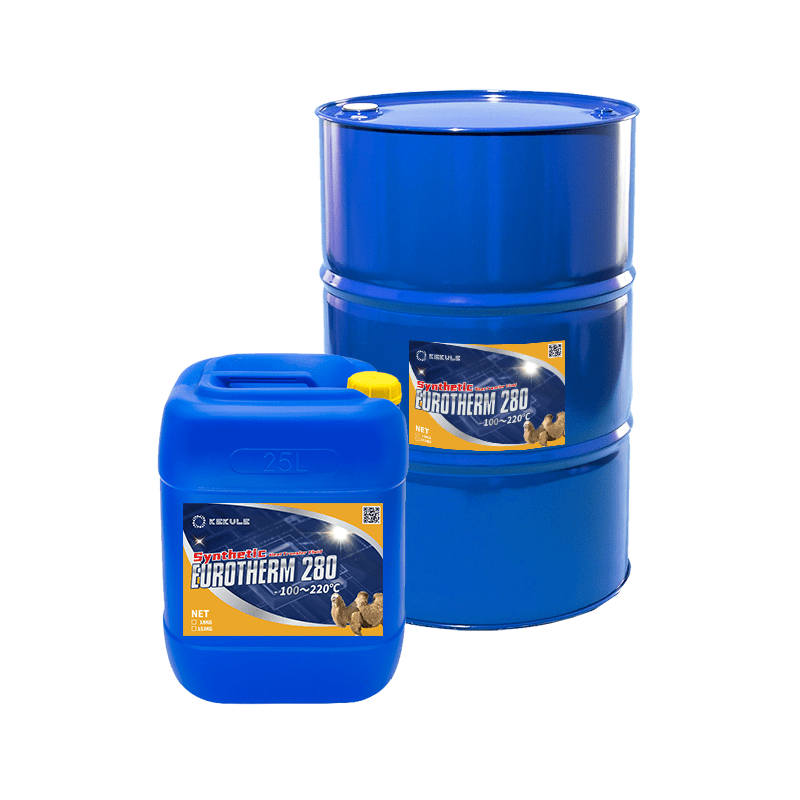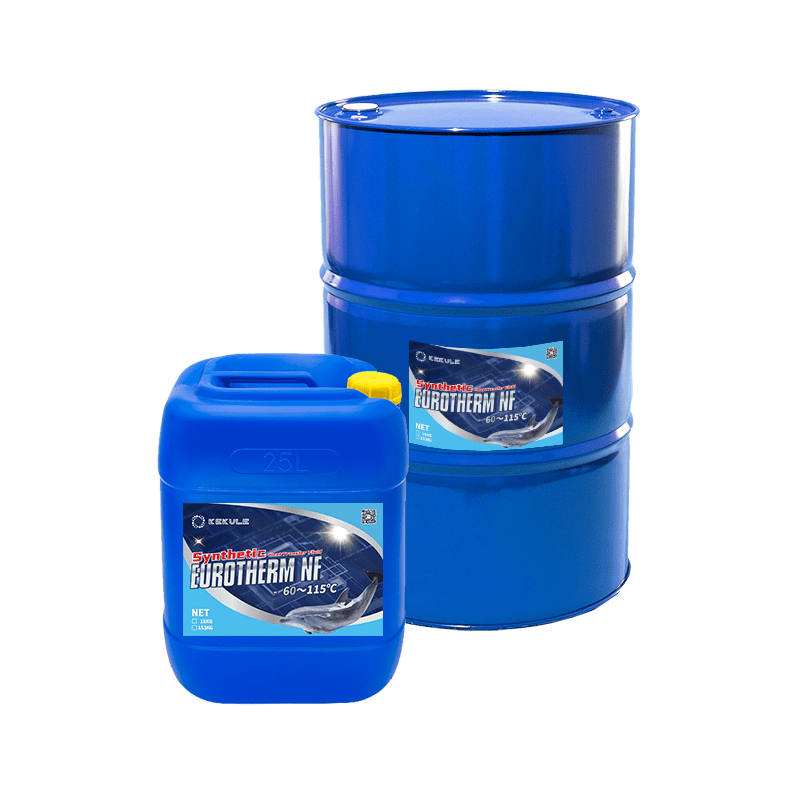The Buzz on Chemie
Table of ContentsThe 8-Second Trick For ChemieLittle Known Facts About Chemie.Chemie Things To Know Before You Get ThisSome Of ChemieChemie Can Be Fun For EveryoneLittle Known Facts About Chemie.
By Bojanna Shantheyanda, Sreya Dutta, Kevin Coscia and David SchiemerDynalene, Inc. Liquid cooling, which can be achieved making use of indirect or straight methods, is used in electronics applications having thermal power densities that might go beyond risk-free dissipation through air cooling. Indirect liquid air conditioning is where warmth dissipating electronic parts are literally separated from the liquid coolant, whereas in instance of straight cooling, the parts remain in direct contact with the coolant.In indirect cooling applications the electrical conductivity can be vital if there are leaks and/or splilling of the liquids onto the electronic devices. In the indirect cooling applications where water based fluids with deterioration preventions are generally made use of, the electrical conductivity of the fluid coolant primarily depends on the ion focus in the fluid stream.
The rise in the ion concentration in a shut loop liquid stream may take place because of ion leaching from metals and nonmetal components that the coolant liquid touches with. Throughout operation, the electric conductivity of the fluid might enhance to a degree which might be hazardous for the air conditioning system.
Everything about Chemie
The examples were allowed to equilibrate at area temperature for 2 days before recording the preliminary electrical conductivity. In all examinations reported in this study liquid electric conductivity was determined to a precision of 1% using an Oakton disadvantage 510/CON 6 series meter which was adjusted before each measurement.
Fascination About Chemie
from the wall surface heating coils to the center of the heating system. The PTFE example containers were positioned in the heater when stable state temperature levels were gotten to. The examination setup was removed from the heating system every 168 hours (seven days), cooled to space temperature level with the electric conductivity of the liquid gauged.
The electric conductivity of the liquid sample was kept track of for an overall of 5000 hours (208 days). Figure 2. Schematic of the indirect closed loop cooling down experiment set-up - fluorinert. Table 1. Elements made use of in the indirect shut loophole cooling down experiment that are in call with the liquid coolant. A schematic of the experimental configuration is received Figure 2.

What Does Chemie Mean?
During operation the fluid tank temperature level was kept at 34C. The change in fluid electrical conductivity was kept track of for 136 hours. The liquid from the system was collected and stored. Closed loop test with ion exchange resin was carried out with the same cleaning procedures used. The first electric look at more info conductivity of the 230ml UP-H2O in the system gauged 1.84 S/cm.

0.1 g of Dowex resin was included to 100g of liquid examples that was absorbed a different container. The combination was stirred and transform in the electric conductivity at space temperature level was determined every hour. The measured modification in the electric conductivity of the UP-H2O and EG-LC test fluids consisting of polymer or steel when immersed for 5,000 hours at 80C is shown Figure 3.
Top Guidelines Of Chemie
Ion seeping experiment: Measured modification in electrical conductivity of water and EG-LC coolants containing either polymer or metal examples when submersed for 5,000 hours at 80C. The results indicate that steels added less ions right into the liquids than plastics in both UP-H2O and EG-LC based coolants.
Liquids including polypropylene and HDPE exhibited the cheapest electrical conductivity adjustments. This might be due to the brief, inflexible, direct chains which are much less likely to add ions than longer branched chains with weaker intermolecular pressures. Silicone likewise performed well in both examination liquids, as polysiloxanes are typically chemically inert as a result of the high bond energy of the silicon-oxygen bond which would certainly avoid deterioration of the product into the liquid.
Everything about Chemie
It would be expected that PVC would generate comparable results to those of PTFE and HDPE based on the similar chemical frameworks of the products, however there may be other contaminations existing in the PVC, such as plasticizers, that may affect the electrical conductivity of the liquid - dielectric coolant. Furthermore, chloride teams in PVC can additionally seep into the test fluid and can cause an increase in electrical conductivity
Polyurethane entirely degenerated right into the examination fluid by the end of 5000 hour test. Before and after images of steel and polymer examples submersed for 5,000 hours at 80C in the ion seeping experiment.
Measured modification in the electrical conductivity of UP-H2O coolant as a function of time with and without material cartridge in the shut indirect air conditioning loop experiment. The measured change in electric conductivity of the UP-H2O for 136 hours with and without ion exchange material in the loop is displayed in Number 5.
Comments on “The Best Strategy To Use For Chemie”